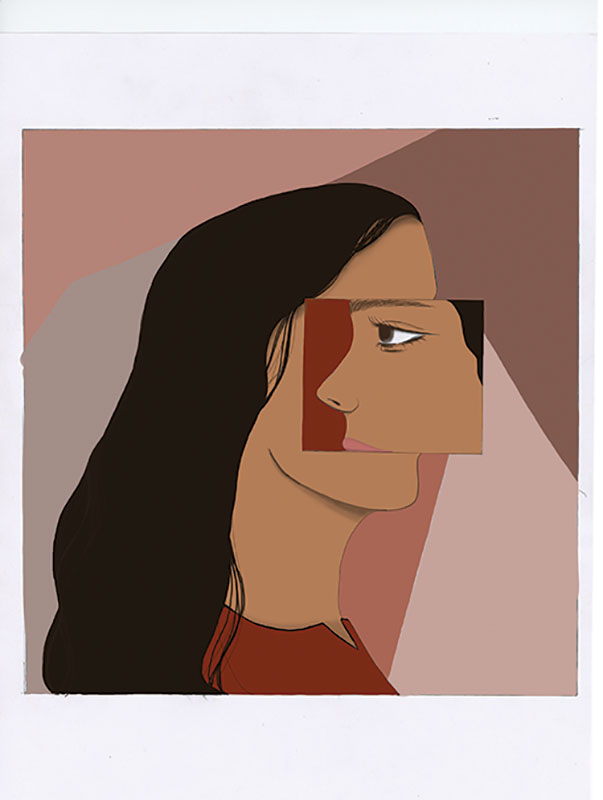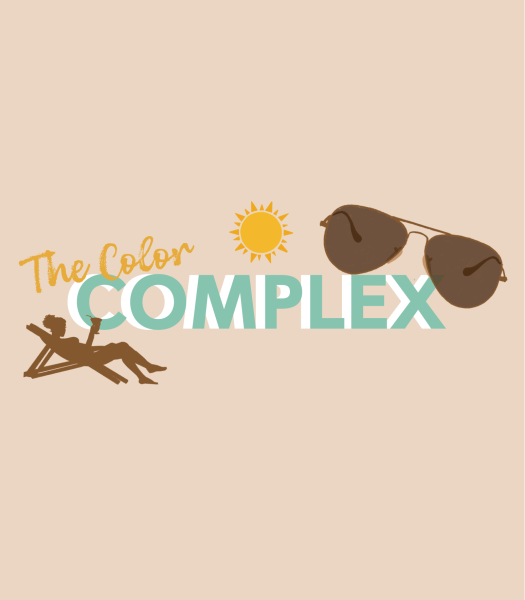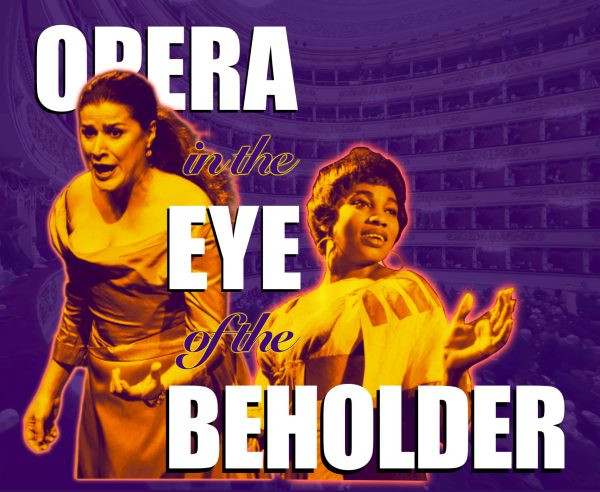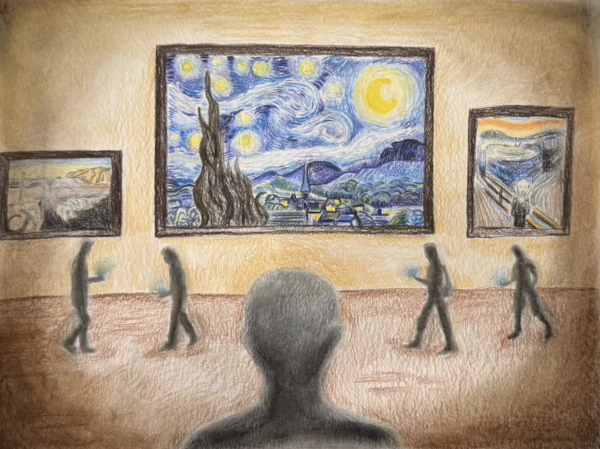Not So Stereotypical
3 MIN READI jolted from the back of the car and started my descent down the hill. My eyes and mouth ached from the colossal smile growing on my face. The soles of my feet throbbed from the constant slamming of my feet down the pathway. I quickly caught the eyes of the friends I made in first grade and started waving obnoxiously. Right before I entered my class, I figured I would greet them.
“Hey guys, how was your summer?” I asked.
I was eager to know how they spent their summer vacation and whether or not anything changed about their life.
“My parents said that your dad drove them to the airport this summer,” one of my friends replied.
My mouth dropped wide open and my eyes tilted with confusion. I thought to myself, “What is she talking about?”
“I mean you’re Punjabi right? Doesn’t that mean your dad is a taxi driver?” she uttered with a snarky tone.
I whipped my head around the room and watched as my peers began collectively mocking me over the assumption that because I was a part of a Punjabi family, my father had to be the turban-wearing taxi driver that her parents met.
Seconds after hearing this, my thoughts were filled with hatred towards my father. How dare he be Indian? How could he do that to me? Why do I have to be Indian? I was so focused on the demeaning commentary that I neglected the fact that my dad did not wear a turban and worked as a software engineer, not a taxi driver.
It was at this moment I realized that I was defined by the color of my skin and my religion, not the person I actually am.
I went through elementary school suffering through the loss of multiple friends. People left me because I did not fit the ideals of an average second-grader. How was I supposed to fit into a category that I simply did not align with?
At first glance, I seemed to embody a stereotypical Indian person: smart, strict parents and smelly due to my mother’s authentic Indian food. But I was not that; my parents were calm and supported me and my mom made tacos and grilled cheese more then she made daal, a traditional Indian dish.
Most importantly, I grew up having a reading disability. This particular diversion from the stereotype labeled me as an anomaly to my peers—“the dumb Indian”—and they did not fear to tell me everyday.
The following years at Carolyn Clark Elementary School I started believing everything my “friends” said to me. These stereotypes didn’t fit me—how could they? I was born into an unusual Indian family where being yourself is more important than the masks people put on their kids every day.
In a matter of weeks, my growing insecurities overpowered any confidence I thought I had. I changed from this talkative student who loved coming to school to one who sat by herself and cried every time a teacher called on her.
I entered a dangerous place where the only things that mattered were the dark thoughts that put me down. It was no longer my peers or friends but it was myself. I became a monster in my life.
It seemed difficult to face my fear, especially when my fear was myself. Gaining my confidence back began with the realization that I will never fit anyone’s stereotype; I cannot be anyone’s perfect person.
I had to lose the stereotypes I put myself in. I freed myself from stereotypes and became a human being. I stopped living in my dream world and started living in the moment.
The regaining of my confidence was a journey. I discovered that what you can lose in the blink of an eye can take years to get back.
I started finding beauty in my imperfections, and allowed myself to become the person I was destined to be. I burned that monstrous shadow that lucked over me every day and started building up from the remains. Of course, reminders of the burning come back at times and can wreck my day, but more importantly, the industrial borders I’ve built to shield these continued outbursts hold strong and constant in my life.
Art by: Ellen Chung
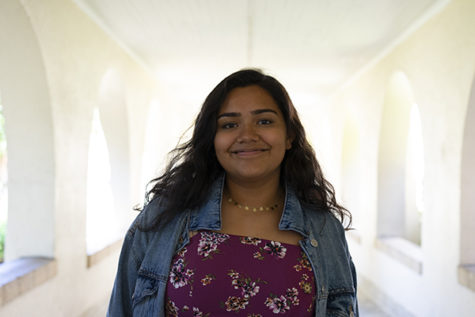
2018-2019 - Staff Writer
2019-2020 - Social Media Manager
2020-2021 - Creative Adviser
Hear more about me!


